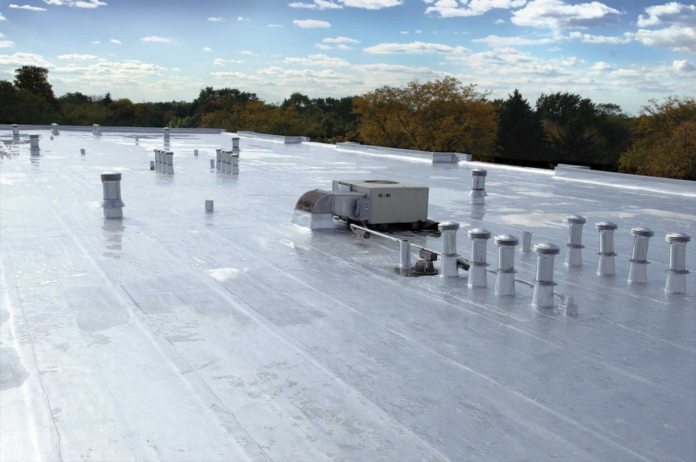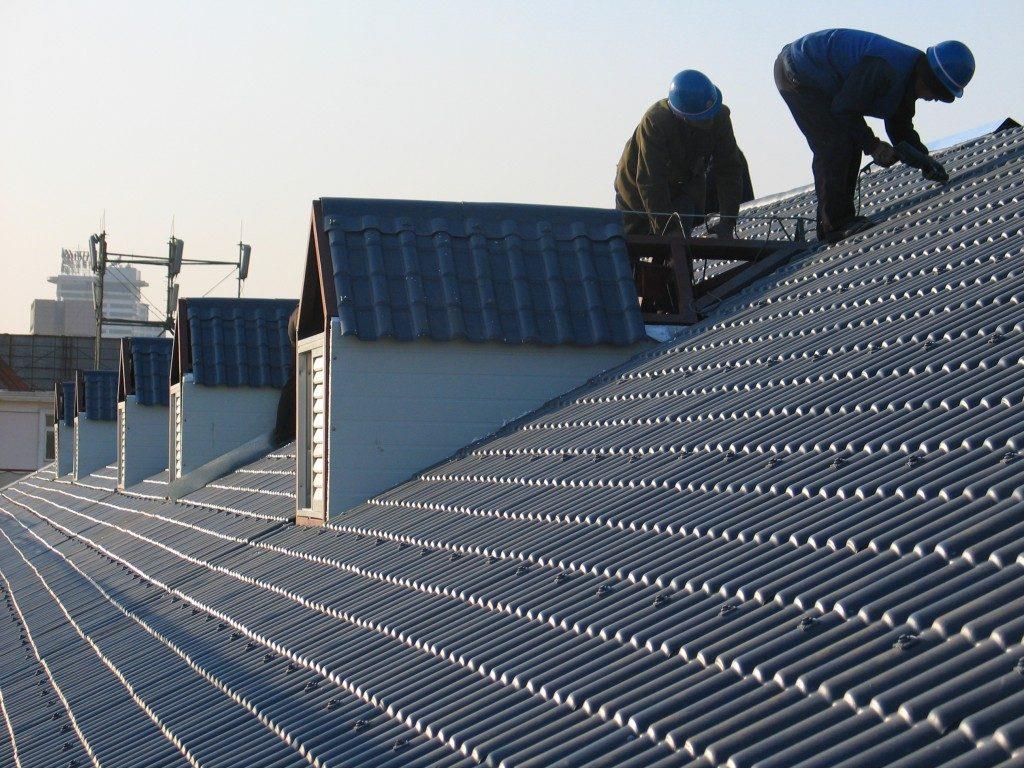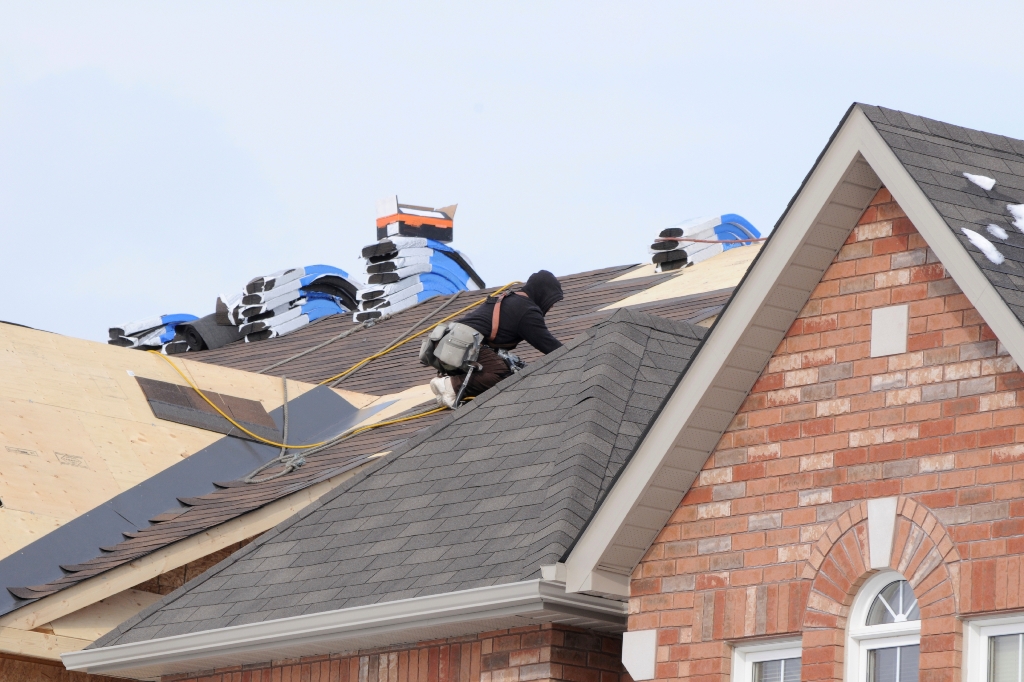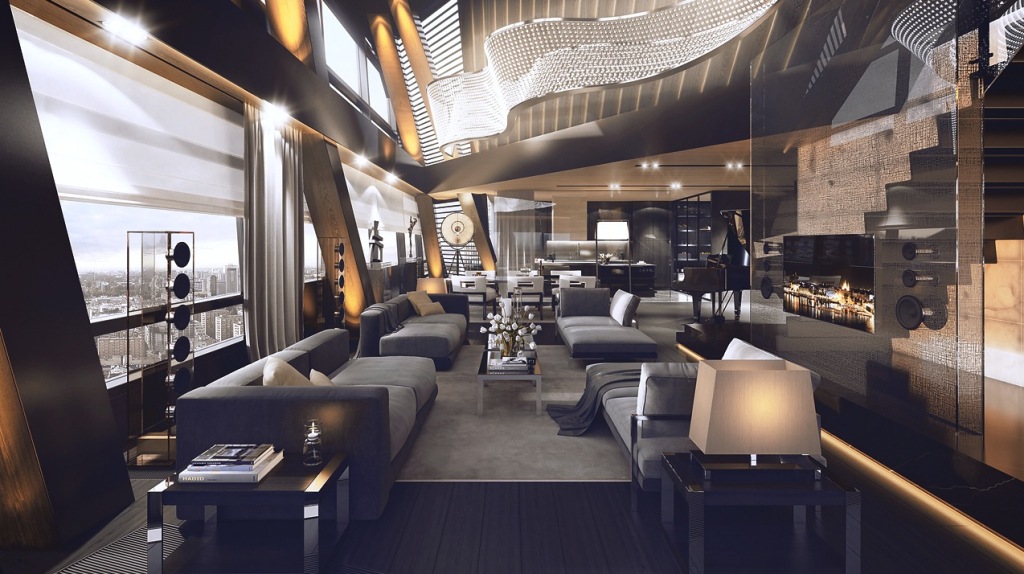When it comes to available systems that an owner of a commercial building uses, they know that the method of installation will differ from roofing methods used for industrial purposes. They also know that the problems they face along with any solutions will also be different than the implementation of the industrial aspect.
Not a lot of people understand that there are quite a few distinctions between commercial and industrial roofing uses. However, it must be clearly understood that both of these roofing types have many differences between them.
Differences in Commercial Roofing and Industrial Roofing
One of the most important and major differences between commercial and industrial buildings has to do with the type of roof that the building requires. Commercial roofing involves the use of concrete tile or asphalt shingles. The use of asphalt shingles has been known to be a popular option among commercial roofing applications.
Industrial building owners have a significant amount of options for their roofs. Roof applications in the industrial sector are made up of gravel, tar, built-up, concrete, modified bitumen, single-ply, restorative coatings, or polyurethane foam that gets sprayed on.
In the end, many more options exist for industrial roofs than for commercial counterparts. What this boils down to is that the owner of an industrial building must be able to conduct a further investigation before following through on decisions concerning the roof.
Installation of Industrial Roofs
When it comes to the installation of industrial roofs, they differ significantly from a commercial roof. The most significant variance is the amount of time it can take to be installed. It is not uncommon for an industrial roof to be completed in over a month or two, as a commercial roof can be completed the same day.
The time it takes is more because of the building’s overall size since industrial building roofs usually are bigger. Also, an industrial roof could be considered as difficult when it comes to installation. Being time-consuming is often due to products needing to dry completely, be cured, or settled. To understand further, click here to get in touch.
Materials Needed for Roofing
Materials that are used for roofing an industrial or commercial building depends a lot on the roof type, cost, and if the weather will play a factor. Usually, roofs on industrial buildings are flat while the roof of a commercial building is a lot sharper. To achieve the expected results, a professional and qualified roofing contractor is needed for the demands to be met as well as guiding the best material for the job.
Differences in Solution
There is also a big difference in the way that roofing repairs are handled between a commercial roof and an industrial roof. For instance, if a commercial roof is leaky, it can be easily fixed by just patching it. But with an industrial roof, the leak might need to repair the entire area where the hole is. Not only that, but you may also need to apply a special coating to seal the area.
The leaky roof may also be an indicator of unforeseen issues that may require an entire replacement of the roof. With regards to a leak, it’s essential to keep in mind that the issues of a commercial and industrial roof will not include the same solution to fix the problem.
If you plan to find out information concerning the commercial roof you have, you should start over — the reason why is because a lot of the data is outdated and useless. Just by the way that a roof is serviced, repaired, and maintained is different. With many commercial roofs available, they certainly vary as compared to industrial roofs and installation methods.




















